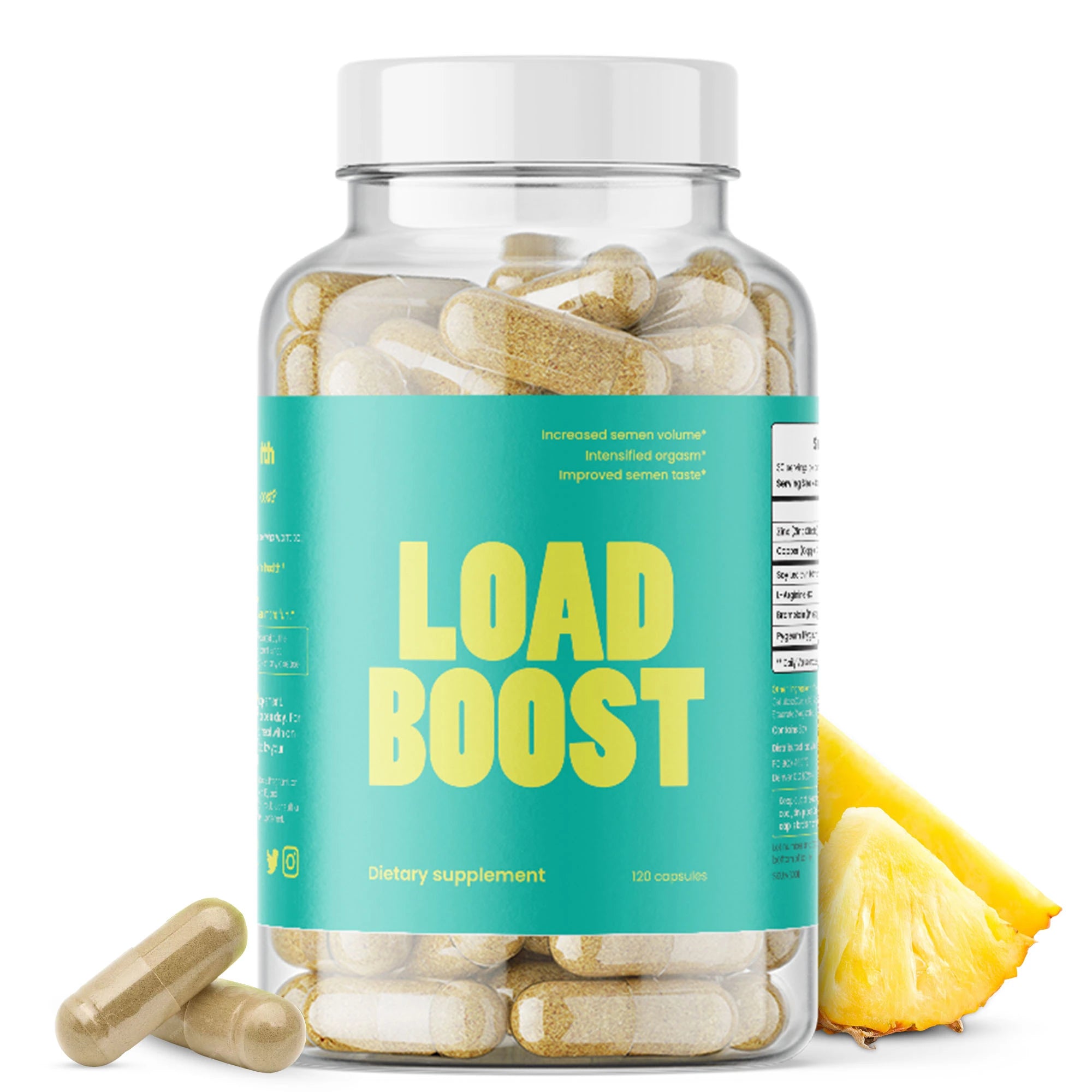Menstrual pain, medically known as dysmenorrhea, is a common experience for many women. While it can be a monthly ordeal, a question often arises: could painful periods indicate good fertility? Our medical experts look into the research on the connection between menstrual pain and fertility, exploring various aspects of this complex relationship.
Understanding Menstrual Pain
Menstrual pain can range from mild discomfort to severe cramps that interfere with daily activities. It generally falls into two categories:
- Primary Dysmenorrhea: This is common menstrual pain without an underlying medical condition. It usually begins within a few years of the first menstrual period and often diminishes with age or after childbirth.
- Secondary Dysmenorrhea: This type is caused by an underlying reproductive health issue, such as endometriosis, fibroids, or pelvic inflammatory disease.
Primary dysmenorrhea is often linked to the natural production of prostaglandins, which help the uterus contract to shed its lining. When these contractions are too strong, they can cause significant pain.
Scientific Insights and Statistics
Understanding the link between menstrual pain and fertility requires examining scientific studies that have investigated this relationship. Yes, painful periods can sometimes be a sign of good fertility, as they may indicate regular ovulation. However, severe menstrual pain can also be a symptom of underlying conditions like endometriosis, which can affect fertility. Here are some key findings:
- Prevalence of Dysmenorrhea: According to a study published in the Journal of Women's Health, approximately 60-90% of women of reproductive age experience primary dysmenorrhea. Of these, 10-20% report pain severe enough to interfere with daily activities.
- Endometriosis and Infertility: Research from the American Society for Reproductive Medicine indicates that endometriosis affects about 10% of women of reproductive age, with 30-50% of these women experiencing infertility. This highlights the significant overlap between severe menstrual pain and fertility issues.
- Regular Ovulation and Pain: A study in the Human Reproduction journal found that women with regular ovulatory cycles tend to report higher incidences of menstrual pain. This suggests that while painful periods can be uncomfortable, they may also be indicative of a regularly functioning reproductive system.
- Hormonal Factors: Research in the Obstetrics & Gynecology journal notes that high levels of prostaglandins, which are linked to menstrual pain, are also associated with successful implantation of the embryo in the uterine lining. This underscores the complex role these hormones play in both pain and fertility.
- Treatment Outcomes: A review published in the Cochrane Database of Systematic Reviews found that hormonal treatments like oral contraceptives can effectively reduce menstrual pain in many women. These treatments also help regulate menstrual cycles, potentially improving fertility outcomes for those with hormonal imbalances.
The Fertility Connection
The relationship between menstrual pain and fertility is not straightforward. Here's what current research and expert opinions suggest:
- Ovulation and Pain: Painful periods can be a sign that ovulation is occurring regularly, which is a crucial aspect of fertility. Women who experience regular ovulation typically have a more predictable menstrual cycle, which is often associated with higher fertility.
- Endometriosis and Infertility: Severe menstrual pain can sometimes indicate conditions like endometriosis. This condition, where tissue similar to the uterine lining grows outside the uterus, is associated with infertility in some women. Thus, while pain might be a sign of a healthy menstrual cycle, severe pain warrants further medical investigation.
- Hormonal Imbalances: Painful periods can also result from hormonal imbalances, which might affect fertility. Ensuring hormonal balance is vital for maintaining reproductive health.
Indicators to Watch
While painful periods alone are not a definitive indicator of fertility, they can provide insights into reproductive health. Here are some indicators and actions to consider:
- Regularity of Cycles: Regular menstrual cycles are generally a good sign of reproductive health and fertility.
- Severity of Pain: Mild to moderate pain that is manageable with over-the-counter pain relief is often not a concern. Severe pain should be evaluated by a healthcare provider.
- Associated Symptoms: Other symptoms, such as heavy bleeding, irregular periods, or pain during intercourse, can indicate underlying conditions that might affect fertility.
Managing Menstrual Pain and Enhancing Fertility
If you experience painful periods and are concerned about your fertility, there are steps you can take to manage pain and support reproductive health:
-
Lifestyle Changes:
- Maintain a healthy diet and exercise regularly.
- Reduce stress through practices such as yoga, meditation, or mindfulness.
-
Medical Interventions:
- Over-the-counter pain relief can help manage menstrual pain.
- Hormonal treatments, such as birth control pills, can regulate menstrual cycles and reduce pain.
-
Professional Help:
- Consult a gynecologist for severe or persistent pain.
- Seek fertility evaluation if you experience difficulties conceiving after trying for a year (or six months if over age 35).
Painful periods can be a part of a healthy reproductive system, but they can also signal underlying health issues. Female fertility is much different than male fertility, and must be treated with care. Understanding your body and seeking appropriate medical advice can help ensure that both your menstrual health and fertility are on the right track.




